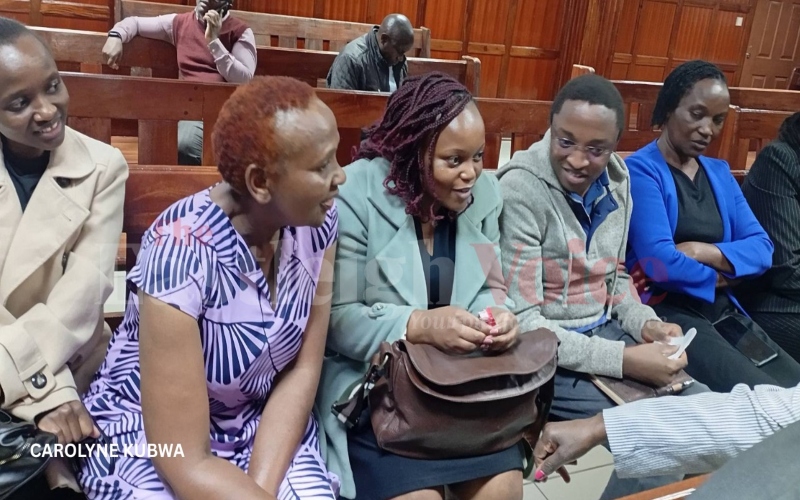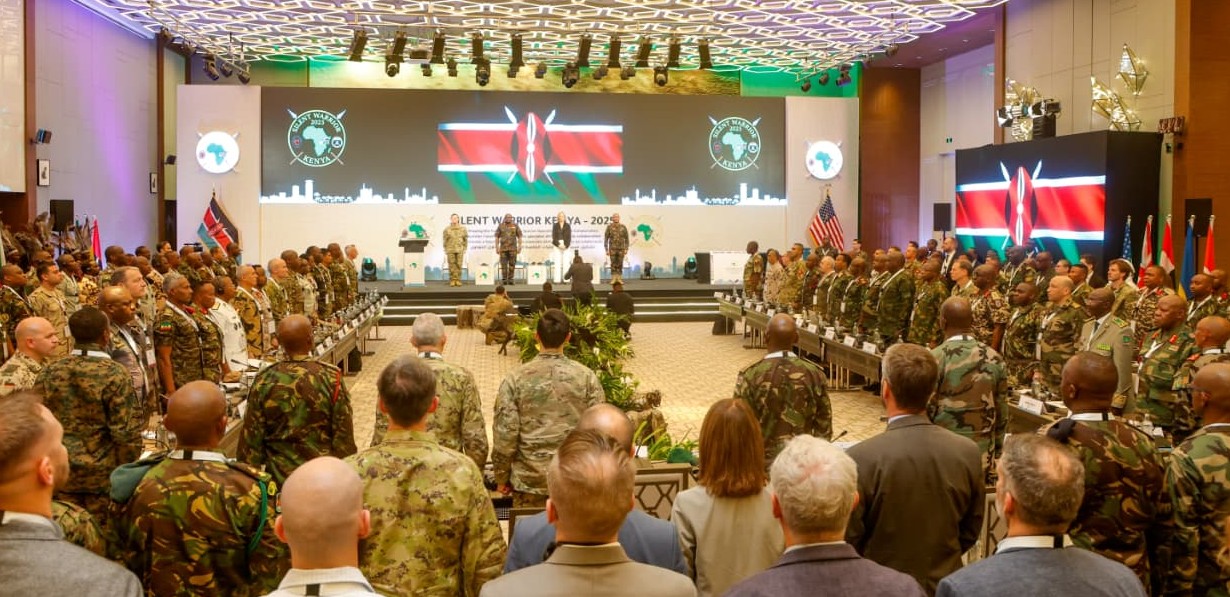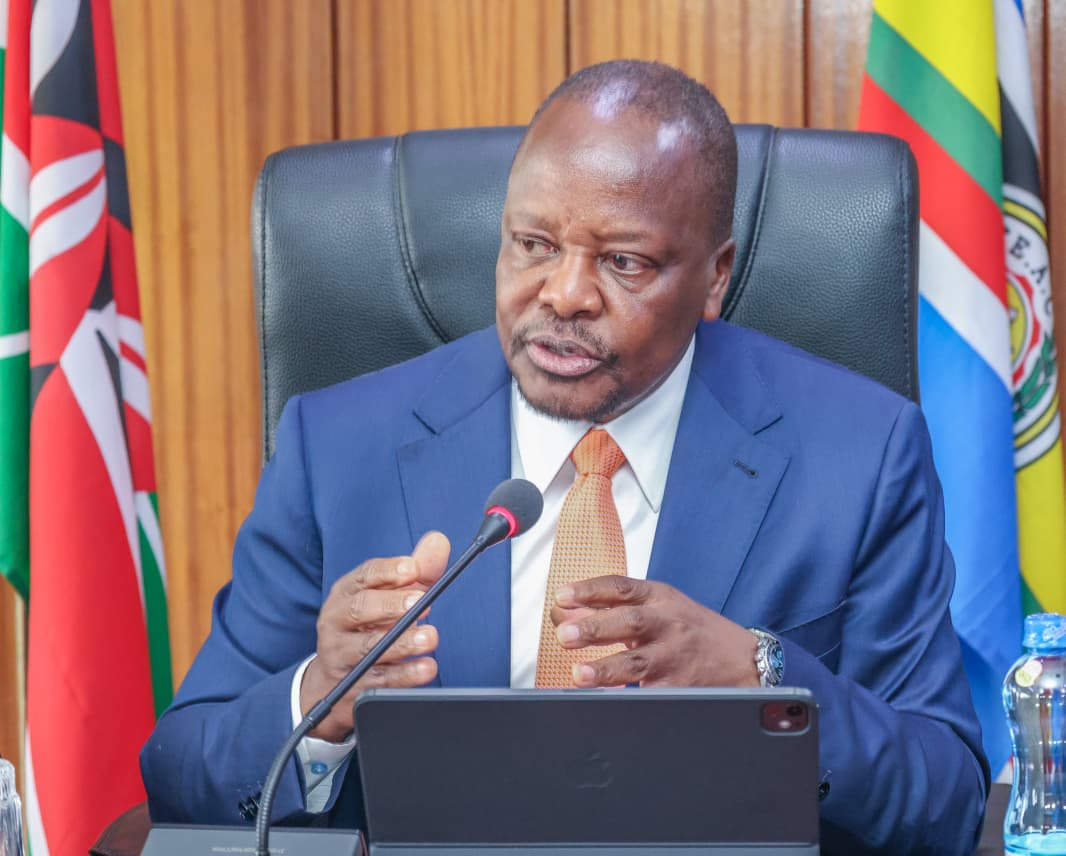Activist Ndiangui Kinyagia explains disappearance, requests case closure

Ndiangui Kanyagia's mother, who initially sought help from the Law Society of Kenya (LSK), testified that the activist appeared physically tortured when he resurfaced and that she had only acted to protect him.
The High Court has withdrawn a habeas corpus application seeking the production of activist Ndiangui Kinyagia, who had been reported missing after allegedly going into hiding.
Justice Chacha Mwita on Tuesday ordered the matter marked as withdrawn after Ndiangui, through his lawyer Martha Karua, requested that the case be closed, citing fear for his life as the reason he went underground.
More To Read
- 17 diplomatic missions condemn killings, urge independent inquiry in Tanzania
- US reviews Tanzania ties after UN reports 700 post-election killings and widespread violence
- Wajir MCAs demand answers over rising abductions after two men vanish
- LSK condemns violence in by-elections, warns of gaps ahead of 2027 polls
- Gen Z protests in Kenya: Key facts (2024-2025)
- IG Douglas Kanja urges court not to issue orders over political activity claims
"I order this matter marked as withdrawn as to no orders to costs," ruled Justice Mwita.
Ndiangui told the court that he fled after police allegedly raided and ransacked his home, later finding the locks changed.
He said the experience forced him into hiding without his phone or any contact with family, insisting he acted as "any normal person would do to preserve life".
In an affidavit filed in court, he claimed he feared possible abduction, torture, or even death, pointing to previous cases of enforced disappearances.
Ndiangui's mother, who initially sought help from the Law Society of Kenya (LSK), testified that the activist appeared physically tortured when he resurfaced and that she had only acted to protect him.
Karua asked the court to close the matter, noting that LSK has since been discharged from the proceedings and that orders previously issued to stop Ndiangui's arrest had served their purpose. She stressed that the activist is not a fugitive and has a fixed residence.
The court also heard that Ndiangui's electronic devices, allegedly seized during the police raid, remain in the custody of authorities. Karua urged the court to order their return, arguing that the police never sought judicial authority to access them.
"If police require the gadgets, then they should make an application to have them," Karua told the court.
The State did not oppose the withdrawal but objected to the removal of LSK from the case, saying a separate petition would be necessary. It argued that since LSK were the original applicants, their withdrawal rendered the petition collapsed and left the court without jurisdiction to make further orders.
"There is no case upon which the court can be moved to make orders," the State submitted.
Justice Mwita proceeded to close the file, bringing the long-running matter to an end.
Top Stories Today












































